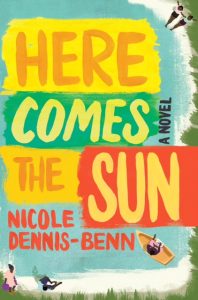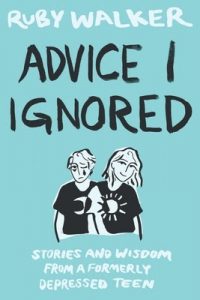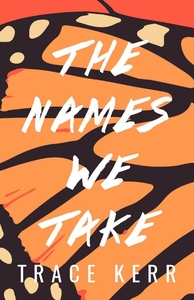Amazon Affiliate Link | Bookshop.org Affiliate Link
I had the privilege to see Staceyann Chin do a live reading at Miami Book Fair a few years ago, which is where and why I picked up this collection. Her performance was electric and captivating, and that strong voice translates well on the page.
Every piece is propulsive and rhythmic, feeling like there’s a drum beat underlying each one. A lack of punctuation in most pieces creates this movement, forcing you to read line after line after line, all in one breath until you reach the end of the poem, like in “Catalogue the Insanity,” written from start to finish without any punctuation marks, not even a period at the end.
But there are also quieter moments that slow down the rhythm, giving you a chance to breathe. Chin creates this with the use of white space around lines and stanzas, such as in the poem, Love:
“I’ve bought the bloody myth
swallowed that sucker
hairy legs and all
crawled careless into bed with a fantasy
and now I’m hopping antsy with expectation
having drawn these crooked lines
in what looked to me like sand
my uncertain frame stands
hooked
on what I have been promised by the TV
by that saccharine ache Anita Baker
moans from a mass-produced CD…”
The speaker’s language packs a punch, bringing forth fire and anger. Chin is unapologetic in her feminist rage and it energizes the reader, making you feel like burning it all down. Covering themes of sex and sexuality, rape and assault, it can be overwhelming at times. But that’s the point. Her purpose is to be loud and in your face and make it hard for you to look away.
She combines poetic imagery and metaphors with straightforward phrases that don’t mince words to create both art and rant, like in the poem Speech Delivered in Chicago at 2006 Gay Games:
“…even in friendly conversation
I have to rein in the bell hooks-ian urge
to kill motherfuckers who say stupid shit to me
all day, bitter branches of things I cannot say out loud
sprout deviant from my neck…”
Overall, this is a loud and empowering collection of poetry that is accessible to readers who often feel like they don’t understand poetry. It’s an outstanding example of how much we need more diversity and representation to give space for voices that often get drowned out by the mainstream and literary canon.
Content warnings: rape, homophobia, violence




